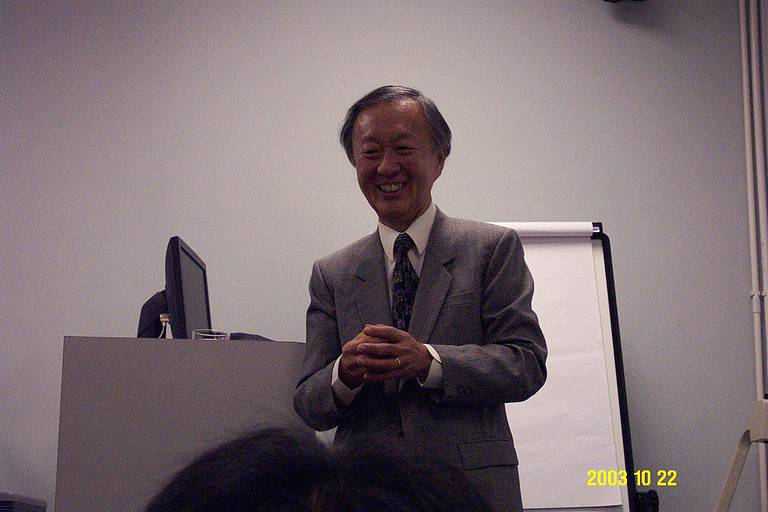The Pros and Cons of Renting in Retirement: What No One Tells You

Life changes significantly during retirement. One of those changes typically involves housing.
While many people choose to live out their golden years in their homes, others opt for low-maintenance choices like senior communities or rentals, to get away from the costly repairs and hard work that comes with homeownership. But is renting really the best option for retirees?
Let’s take a look at the pros and cons that come with renting.
Perks of Renting
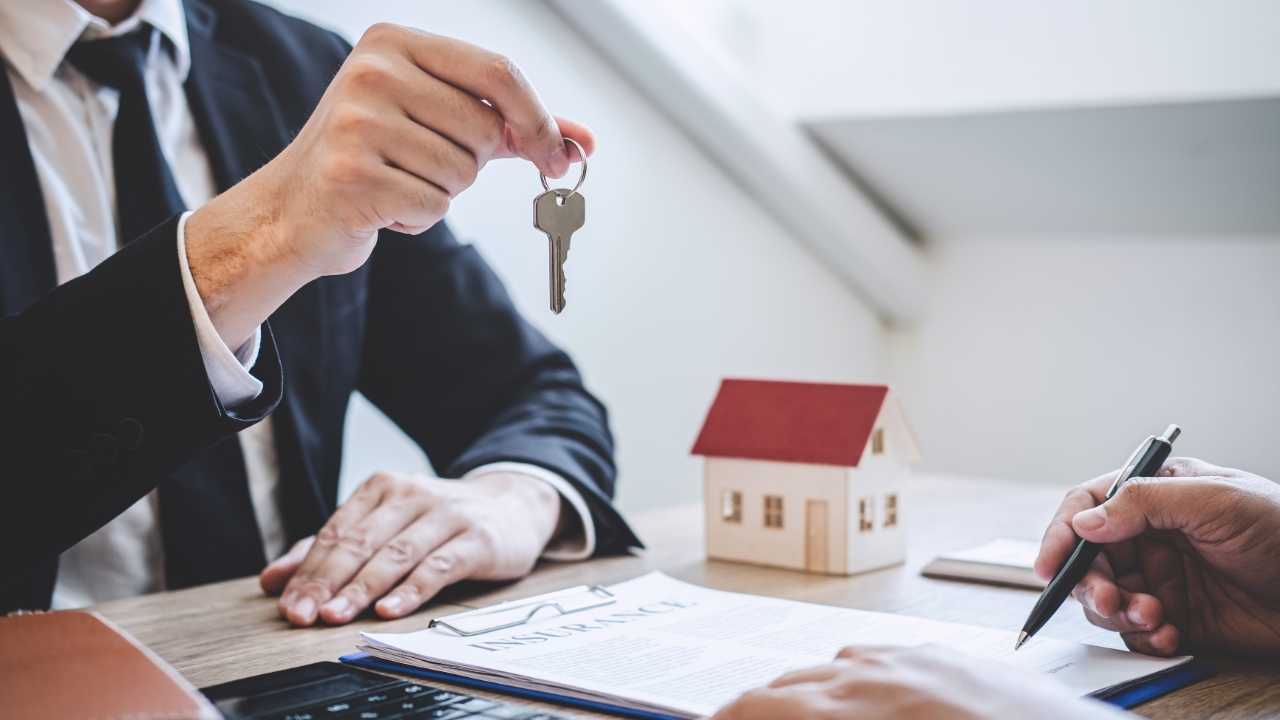
There is a reason why many retirees decide to forego home ownership in favor of renting a home. These perks are mostly related to saving money and living an easier lifestyle with fewer worries.
1. No High Maintenance Costs
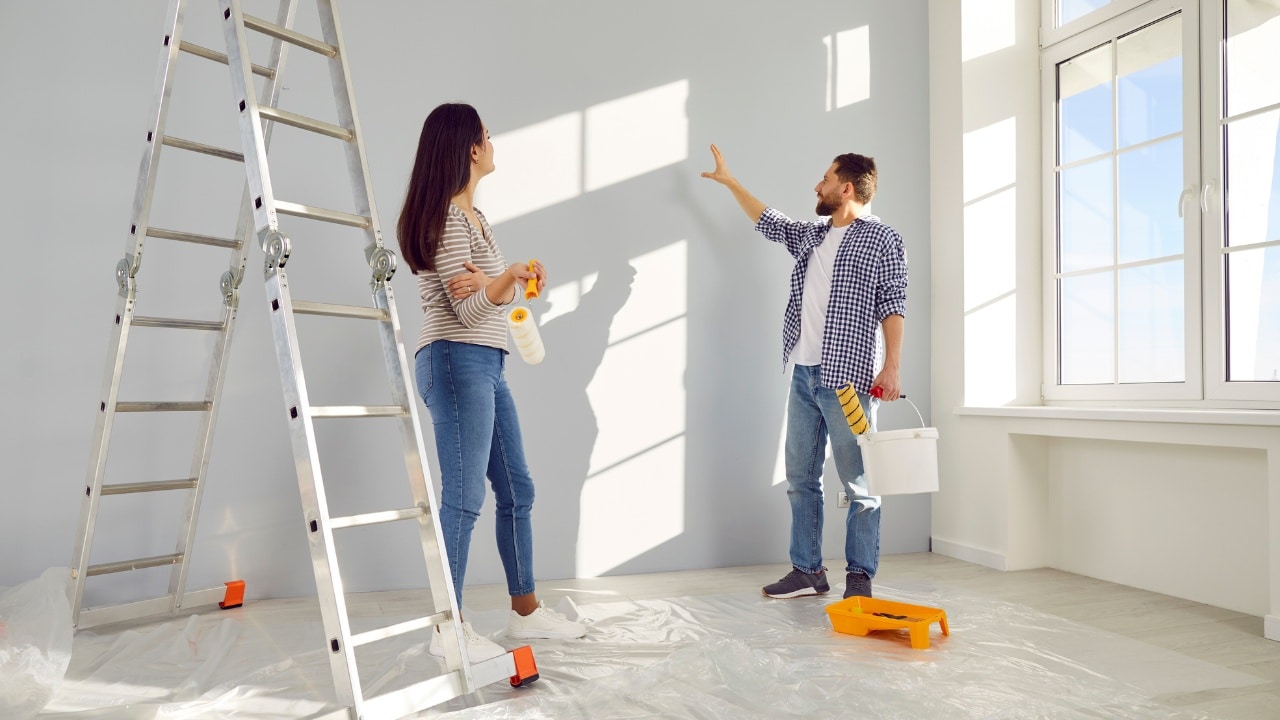
Owning a house is expensive, and many of those expenses are related to maintenance costs. When you rent, your landlord or management company takes on that responsibility.
That means no more trying to find an affordable contractor that fits your budget. It also means no more worrying about your water heater breaking or needing to replace a roof.
2. Cheaper Utilities
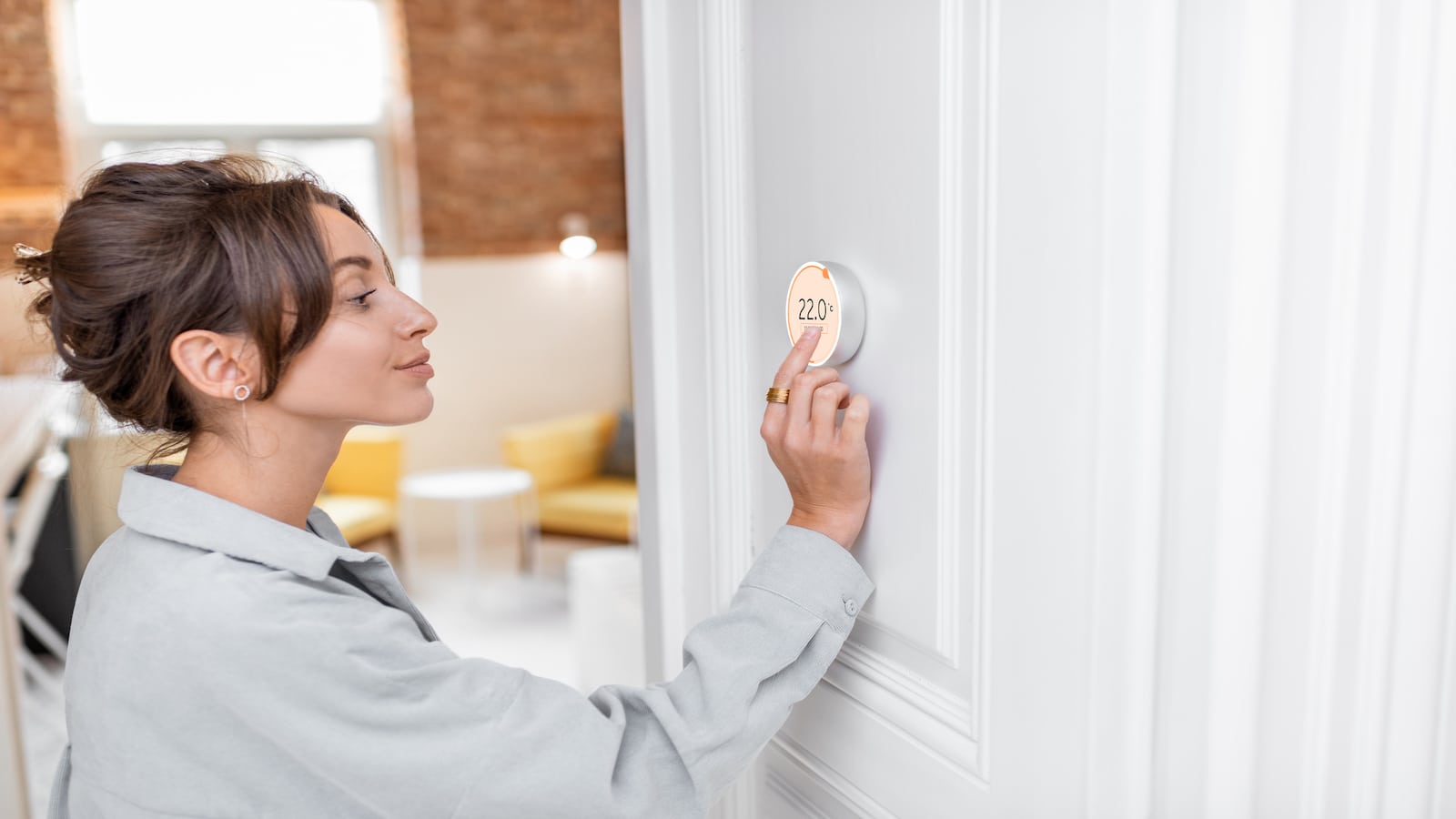
If you end up in a condo or apartment, you will find that your utility bills drop exponentially. It makes sense if you have less space, your heating and cooling expenses will drop.
Additionally, your water and power usage will likely decline, as well. It makes for lower monthly expenses all around.
3. Flexibility to Move

One of the best perks of renting is once your lease is up, you’re free to move anywhere you want. You’re no longer tied to a single location.
This means you can pick up and move to another town or even another state. With a home, you would have to put it on the market and wait for a buyer to come along. Even then, there are a myriad of costs associated with selling your home.
4. No Property Taxes
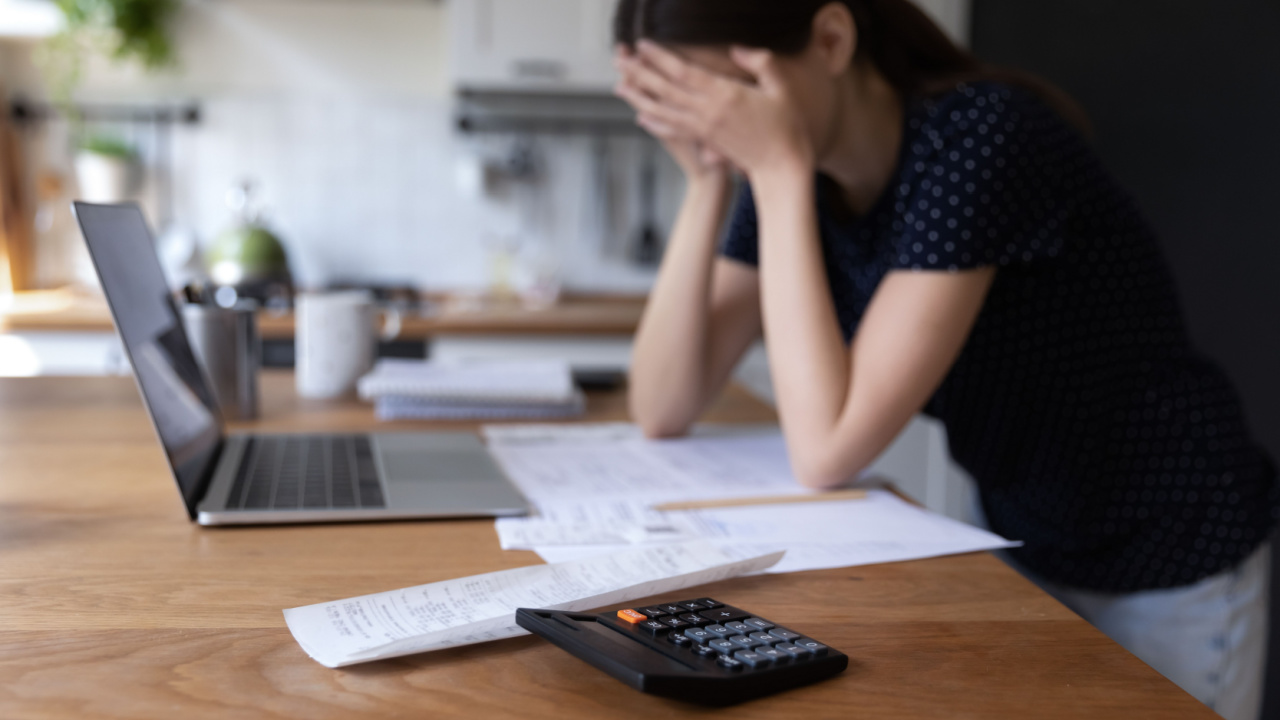
One of the ongoing costs of owning a home is property taxes, and they tend to increase over time. Even after your home is paid off, you’ll still need to pay for the land you live on.
When you rent, those taxes are the responsibility of the landlord, just like the upkeep of the property.
5. Cash Freed up for Other Things

Even if your rent is a bit higher than you’d pay for a mortgage—which it likely will be—you’re still saving in other areas, such as utilities, maintenance, and property taxes.
This should free up some funds, which you can then invest and expand your retirement fund, or you could use it for other purposes, such as traveling.
Cons of Renting

Like with anything, there are also downsides to renting. You may experience some or none of these things, but they are cons you should be mindful of. For most of them, there are solutions you can employ, but it does add another layer of potential frustration.
1. Rent Increases

One of the biggest changes from owning a home to renting is the periodic rent changes. And of course, the monthly payment never decreases, it always increases.
Unless you have an adjustable-rate mortgage (ARM), owning a home comes with a predictable bill each month. Rent can change from year to year, unless you manage to lock in a multi-year lease.
2. Slumlords Are a Thing

As a pro, you’re not responsible for maintenance and property upkeep, but if you end up renting from a slumlord, you may end up more frustrated than ever.
The good thing is landlords are mandated by law to keep your property within livable conditions. If they don’t, you can file a claim with the local or federal housing departments.
3. No Stability

One of the reasons people choose to buy a home is because of the stability factor. They don’t have to worry about a lease ending or how to find another home that fits your budget.
For retirees, this may not be an issue, especially if you have wanderlust, but it’s something to keep in mind when deciding whether to rent or remain in a home you own.
4. No Equity

Over time, as you pay down your home, you build up equity in it. It becomes an asset. When you rent, you have no equity. That means you’re essentially throwing money away.
For some, the equity and having the asset to pass down to future generations is reason enough to hold onto a property. Some may even choose to sign it over to their beneficiaries early to enjoy the freedom of not being tied down.
5. No Tax Benefits
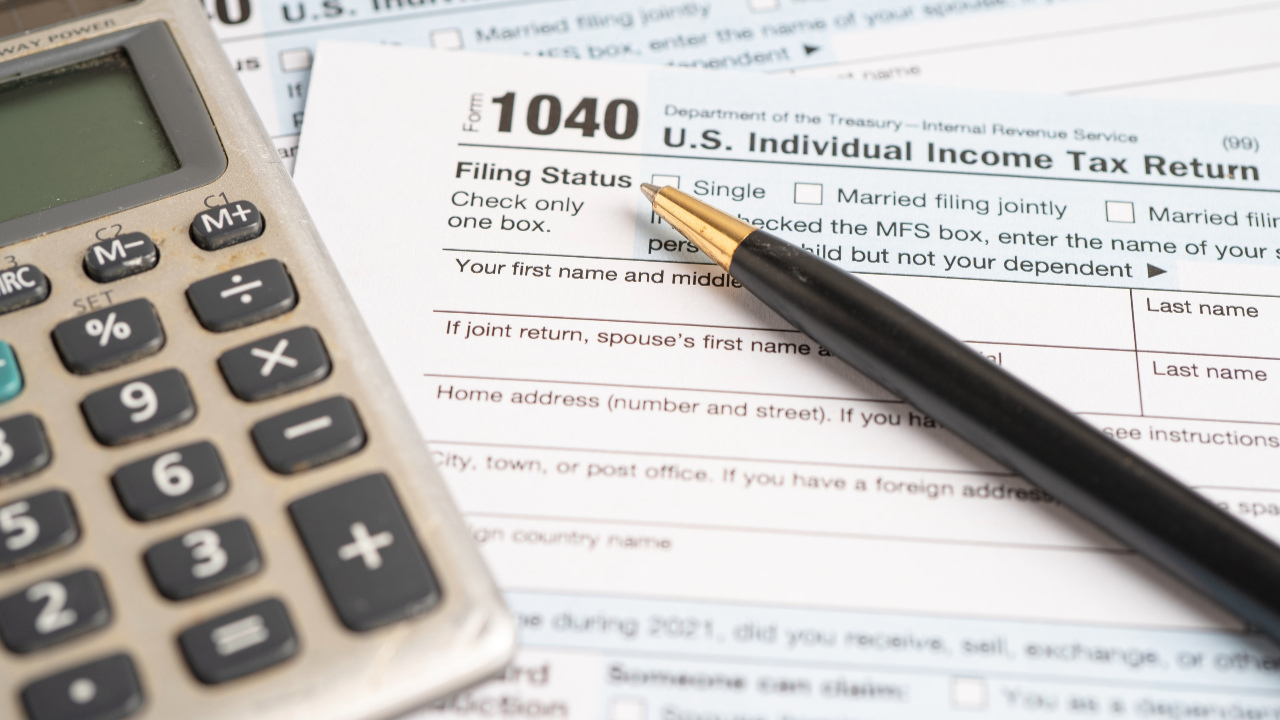
Lastly, you’ll lose any tax benefits you have from owning a home. This can include writing off mortgage interest on your yearly taxes.
For some, these write-offs can help reduce their annual obligation or increase their refunds. This may not impact everyone, especially if the home in question is already paid off.




